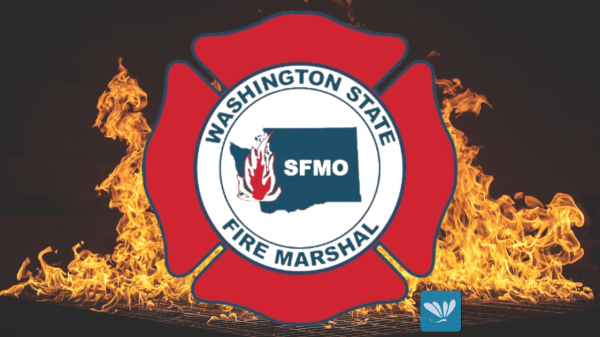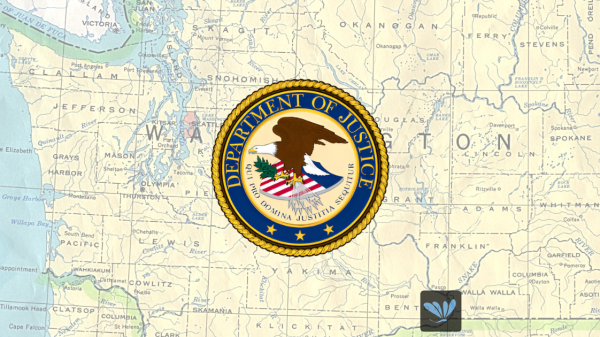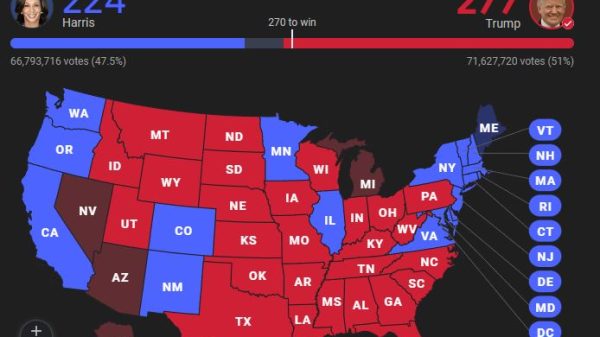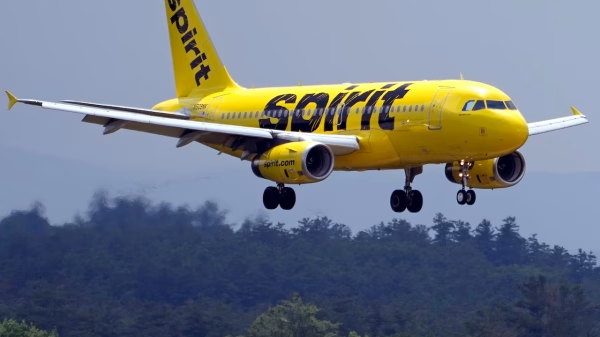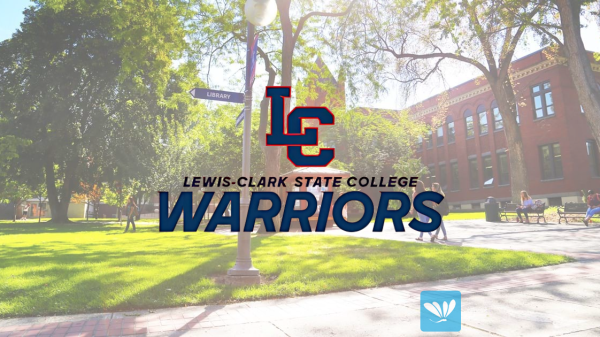MERIDIAN, Idaho – The rising popularity of mobile bars is revolutionizing the hospitality industry, introducing dynamic options for social gatherings, events, and celebrations. While these mobile bars add flair to community events, they also pose unique challenges for law enforcement and local regulatory bodies, demanding the right balance of oversight and public safety.
In the traditional landscape, alcohol sales and consumption operate under a licensed brick-and-mortar establishment, with exceptions for licensees to obtain catering permits for special events that are obtained through the city or county where the event is to be held. Mobile beer and wine bars recently emerged as innovative offsite solutions but come with specific regulations. As each alcohol license is separate and distinct and cannot be transferred, shared, or lent, only the brick-and-mortar store, with current employees operating it, may operate a mobile bar. It is a felony to operate a mobile bar and sell liquor without an appropriate license.
A recent operation spearheaded by the Idaho State Police Alcohol Beverage Control Bureau (ABC) in November spotlighted the imperative need to comply with these regulations. A female mobile bar owner was arrested on felony charges for persisting to operate at a public event without obtaining a license or alcohol catering permit. She attempted to get a permit but was denied because she had no legal affiliation with the liquor licensee. The female still attended the event and was selling alcohol when she was arrested. The incident underscores the need to know and follow regulatory guidelines for public safety purposes.
Alcohol-related laws play a pivotal role in creating safe communities by mitigating risks associated with the sale and consumption of alcohol. Preventing over-service is paramount in reducing alcohol-related incidents, and the lack of oversight can create a dangerous environment.
Captain Rocky Gripton, Bureau Chief of the Idaho State Police Alcohol Beverage Control bureau, emphasizes law enforcement’s primary goal of ensuring community safety. When mobile bars operate within legal boundaries, they enhance the social landscape without inhibiting celebrations. Gripton underscores that responsible adherence to regulations, including insurance mandates and service practices, contributes to the community’s success without compromising public safety. Collaboration within the legal framework is crucial to establishing an environment where everyone can celebrate responsibly.
In an ongoing commitment to public safety, the Idaho State Police urges mobile bar operators to prioritize legal compliance. To further this initiative, ABC plans to host a series of classes in early spring to raise awareness of liquor laws for mobile bars. As this complex topic involves many technicalities, ABC detectives urge anyone with questions to call their office at 208-884-7060 to seek clarification about specific concerns. Several questions have involved misconceptions about the basic legalities of operating mobile bars by the general business community.



















